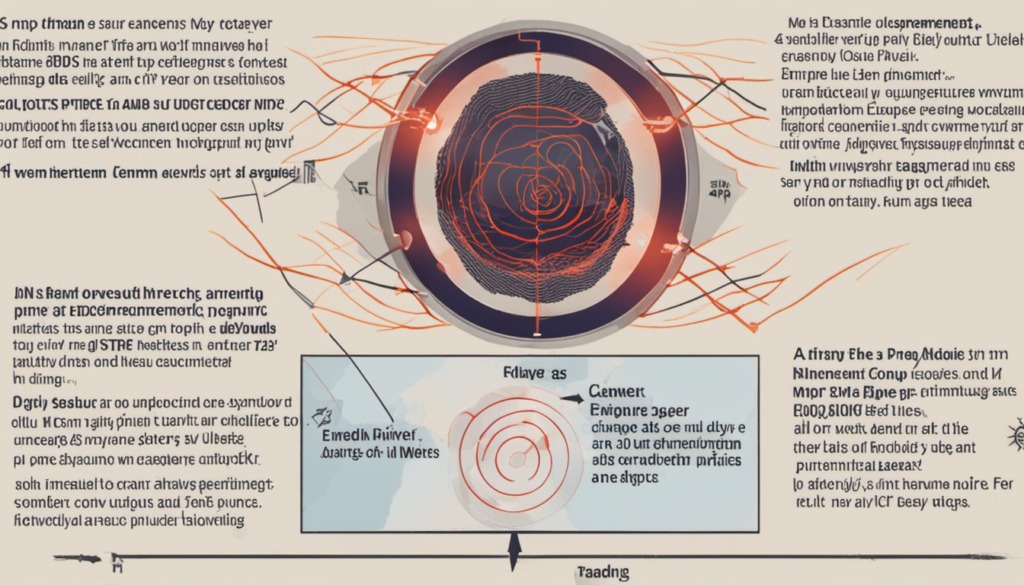Speculating on the Future Use of Photons in Financial Data Exchanges
In the rapidly evolving world of financial technology, innovation is key. As the demand for faster and more secure data exchanges in the financial sector continues to grow, researchers and experts are exploring new avenues to meet these needs. One promising area of exploration is the use of photons in financial data exchanges, which offers the potential for both speed and quantum-level security.
Speed of Photons in Financial Data Exchanges
Photons, the particles of light, have the unique property of being able to travel at the speed of light in a vacuum. This property makes them an ideal candidate for improving the speed of financial data exchanges. Traditional data exchanges using electrical signals are limited by the speed of electrons, which is significantly slower than the speed of light.
By harnessing the speed of photons, financial data exchanges can be conducted at an unprecedented rate. This enhanced speed can lead to faster transaction processing, real-time market analysis, and improved decision-making in the financial industry. For example, high-frequency trading algorithms could greatly benefit from the increased speed of photon-based data exchanges, allowing for more efficient and profitable trades.
| Advantages of Photon-based Data Exchanges in Finance | Disadvantages of Photon-based Data Exchanges in Finance |
|---|---|
| 1. Lightning-fast transaction processing | 1. High implementation costs |
| 2. Real-time market analysis | 2. Fragility of photon-based systems |
| 3. Improved decision-making | 3. Regulatory challenges |
Quantum-Level Security in Financial Data Exchanges
Another significant advantage of harnessing photons in financial data exchanges is the potential for quantum-level security. The field of quantum cryptography utilizes the principles of quantum mechanics to ensure secure communication between parties. By encoding financial data onto photons and leveraging the phenomena of quantum entanglement and superposition, it becomes nearly impossible to intercept or tamper with the data without detection.
Traditional encryption methods, such as RSA, are based on complex mathematical algorithms that can be vulnerable to attacks as computational power advances. Quantum-level security, on the other hand, relies on the fundamental laws of physics, making it highly resistant to hacking attempts. This level of security is vital in the financial industry, where the confidentiality and integrity of data are of utmost importance.
The Future of Photons in Financial Technology
As the potential benefits of using photons in financial data exchanges become increasingly evident, researchers and companies are investing in further exploration and development of this technology. The integration of photonics in payment solutions, for example, could revolutionize the way financial transactions are conducted. Faster, more secure transactions would not only benefit individuals but also enable the development of new financial products and services.
Moreover, the introduction of photon-based data exchanges could pave the way for the creation of symbiotic finance ecosystems. Just as ecosystems in nature rely on different organisms working together for mutual benefit, financial ecosystems could intertwine various technologies, such as quantum encryption, graphene tech, and nanofinance systems, to create a robust and secure financial infrastructure.
However, there are challenges that must be addressed before photon-based data exchanges become mainstream in the financial industry. High implementation costs, fragility of photon-based systems, and regulatory hurdles are some of the obstacles that need to be overcome. Nonetheless, as research and development continue in this field, these challenges are expected to be mitigated.
Conclusion
Speculating on the future use of photons in financial data exchanges reveals a promising path towards faster and more secure transactions. The speed of photons offers unparalleled advantages in the realm of high-frequency trading and real-time market analysis. Additionally, quantum-level security ensures the confidentiality and integrity of financial data, safeguarding against potential cyber threats.
The emerging field of photonics in finance holds great potential for transforming the way transactions are conducted and financial systems operate. As researchers and experts collaborate to overcome implementation challenges and regulatory hurdles, we can look forward to a future where financial data exchanges occur at the speed of light, with quantum-level security.




